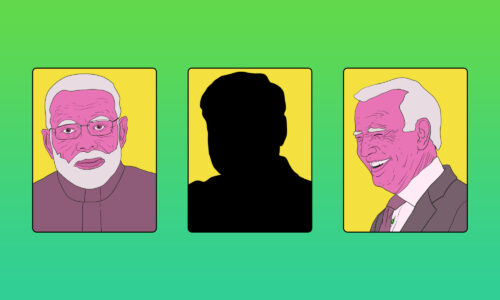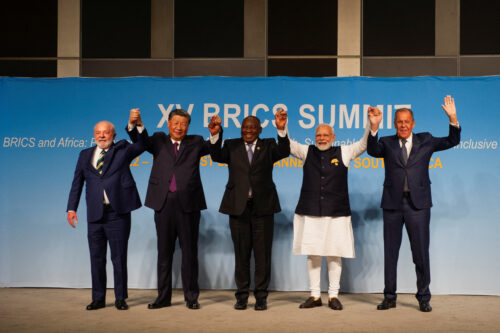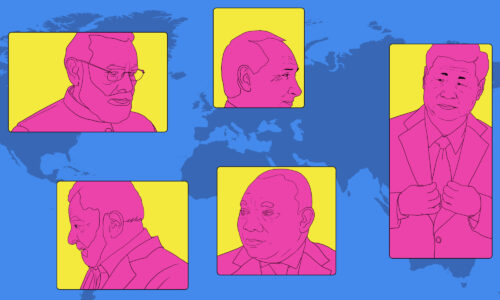India permanently bans TikTok and WeChat
India — once the most promising new market for Chinese technology companies — has solidified its own great firewall by confirming bans on 59 Chinese apps.

With the border dispute between India and China no closer to a resolution, India has decided to make permanent its ban on 59 Chinese apps, including WeChat, TikTok, and Alibaba’s UC Browser.
The apps were first banned in June 2020. Three more rounds of app bans were implemented later in the year, and by November, over 200 Chinese apps had been declared illegal in India.
- The apps banned in the first batch were given the chance “to explain their position on issues including whether they censored content, worked on behalf of foreign governments or lobbied influencers,” before the government sent notices finalizing the bans.
- The Chinese Embassy in New Delhi has responded with boilerplate about “violation of WTO non-discriminatory principles and fair competition principles of market economy,” etc.
- On Chinese social media, many commenters complained (in Chinese) that India’s actions were unfair, while others pointed out (in Chinese) that ByteDance doubled its revenue in 2020 despite India’s ban and U.S. actions against TikTok.
TikTok’s parent company, ByteDance, announced layoffs shortly after the ban was confirmed today. The company will cut most of its more than 2,000-strong head count in India, only “retaining a small number of critical roles” at its offices there.
- One Chinese media report says that after the initial ban on TikTok was imposed, Indian employees had been “told to focus on the development of other applications, such as the productivity suite Lark, which were not blocked in India.”







